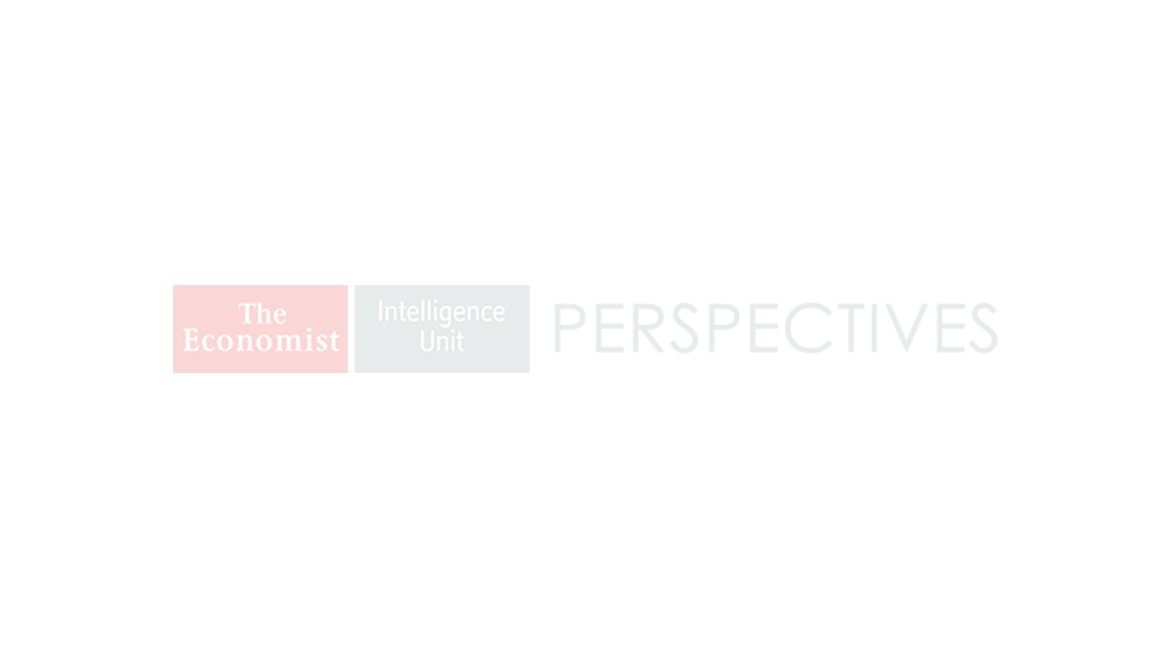Corporate fraud is a particularly serious issue for this sector.
- The loss per company over the past three years has been $11.7m, more than 75% above the average.
- Among the industries questioned for this survey, healthcare, pharmaceuticals and biotechnology are among the most likely to expect an increase in prevalence of fraud, with 40% reporting growth and only 28% pointing to a decline.
- Companies in this sector are more likely than the average to feel highly vulnerable to every type of corporate fraud risk, with the exception of money-laundering.
As a highly regulated knowledge industry, areas related to data and government relations pose the biggest concerns.
- The areas where firms are most likely to feel highly vulnerable are IP theft (25%), information loss (24%), compliance breaches (21%) and corruption (18%).
- Complexity of IT is the most common cause for increased exposure to corporate fraud in this industry. It is cited by 41% of respondents.
Actual losses show a mixed picture, including that more work is needed in the areas of IP protection and compliance.
- The sector has not suffered unduly from information theft and corruption. Twenty-two percent have experienced the former during the past three years, compared with 20% for the overall sample, and 8% have experienced the latter, which is again lower than the average of 19%.
- In contrast, 31% have experienced regulatory or compliance breaches (compared with an overall average of 19%) and 22% have experienced IP theft (compared with 13% for the average).
- Less than half of companies in this sector engage in IP monitoring and only one-third intends to invest in starting or improving such programmes.
This sector has been able to do very well in certain key areas, but needs to address specific weaknesses, notably compliance and intellectual property.




